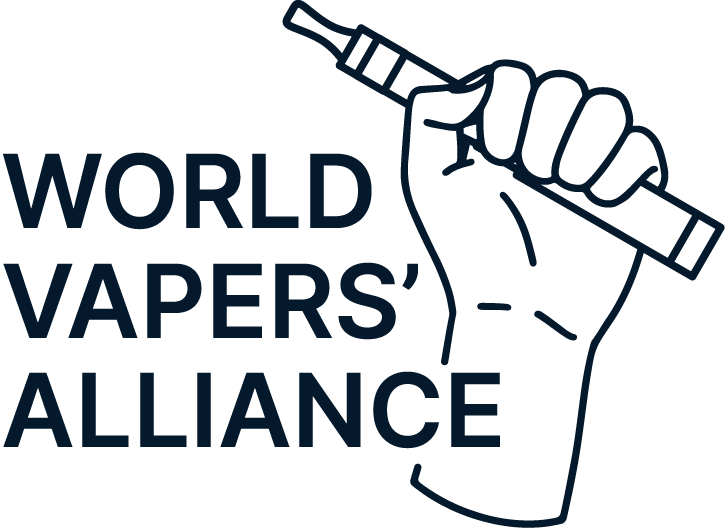Brusela, 2024ko urtarrilaren 15a – Munduko Lurrungailuen Aliantzak (WVA) arreta kritikoa jartzen ari da EBko Tabako Produktuen Zuzentarauari (TPD) buruzko kontsulta publikoaren azken aurkikuntzei, ... Snusforumet, eta hori guztiz kontrastatzen da Europako Batzordearen kalteak murrizteko egungo ikuspegiarekin.
Kontsultaren emaitzek agerian uzten dute herritarren, GKEen eta erakunde zientifikoen artean adostasun handia dagoela kalteak murrizteko produktuen eraginkortasunari buruz erretzaileei erretzeari uzten laguntzeko. Deigarria da Erantzuleen % 77%k produktu hauek erretzeko lagungarritzat jotzen dituzte. geldiarazteko tresnak, EBko herritarren 9% baino ez daude ados. Gainera, gehiengo zabal batek Inkestatuen 82%k ukatzen dute nikotina alternatiba berriek osasun publikoarentzat arriskua dakartelako ideia, 6%-k bakarrik ikusten ditu mehatxu gisa.
Michael Landlek, World Vapers' Alliance-ko zuzendariak, honako hau dio:
“EBko Batzordearen egungo jarrera kalteen murrizketari buruz ez da soilik desegokia; kontsumitzaileen iritziak eta ebidentzia zientifikoak nabarmenki baztertzen ditu. Garaia da Batzordeak kalteak murrizteko produktuak ez direla etsaia, baizik eta erretzearen aurkako borrokan aliatu garrantzitsua direla onartzeko”.”
Suedia bezalako herrialdeak kontsumitzaileentzako kalteak murrizteko ikuspegi baten arrakastaren froga bizia dira, EB baino askoz azkarrago erretze-tasak murrizten. EBko Batzordeak ikuspegi hau onartzeko duen erresistentzia ez da soilik nahasgarria, baita kaltegarria ere osasun publikoko ahaleginetarako.
“Suediaren arrakasta-istorioa kalteak murrizteko politika zentzuzko batekin zer lor daitekeen erakusten du. Harrigarria eta, egia esan, arduragabea da EBko Batzordeak bizitzak salbatzen dituzten produktu hauen aurkako jarrera etsaiarekin jarraitzea. Batzordeak bere politikak froga argiekin eta iritzi publikoarekin lerrokatu behar ditu, metodo zaharkitu eta eraginkortasunik gabekoei eutsi beharrean”.” Landlek gaineratzen du.
WVAk EBko Batzordeari eskatzen dio bere jarrera berraztertzeko eta kalteak murrizteko ebidentzian oinarritutako ikuspegi bat hartzeko Tabako Produktuen Zuzentarauaren (TPD) hurrengo eguneratzerako. Kontsultaren azken emaitzek esnatzeko dei gisa balio beharko lukete, osasun publikoaren beharrak eta EBko herritarren lehentasunak benetan islatzen dituzten politiken beharra azpimarratuz.
Munduko Vapers' Aliantzak kalteak murrizteko politika zentzuzkoak eta erretzea baino alternatiba kaltegarri gutxiago aukeratzen dituzten kontsumitzaileen eskubideak defendatzeko konpromisoa mantentzen du. Erakundeak EBko Batzordeari eskatzen dio kontsumitzaileen eta komunitate zientifikoaren ahotsak entzuteko, eta bere ikuspegia berrikusteko, herritarren osasun-interesak hobeto zerbitzatzeko.








Erantzun bat